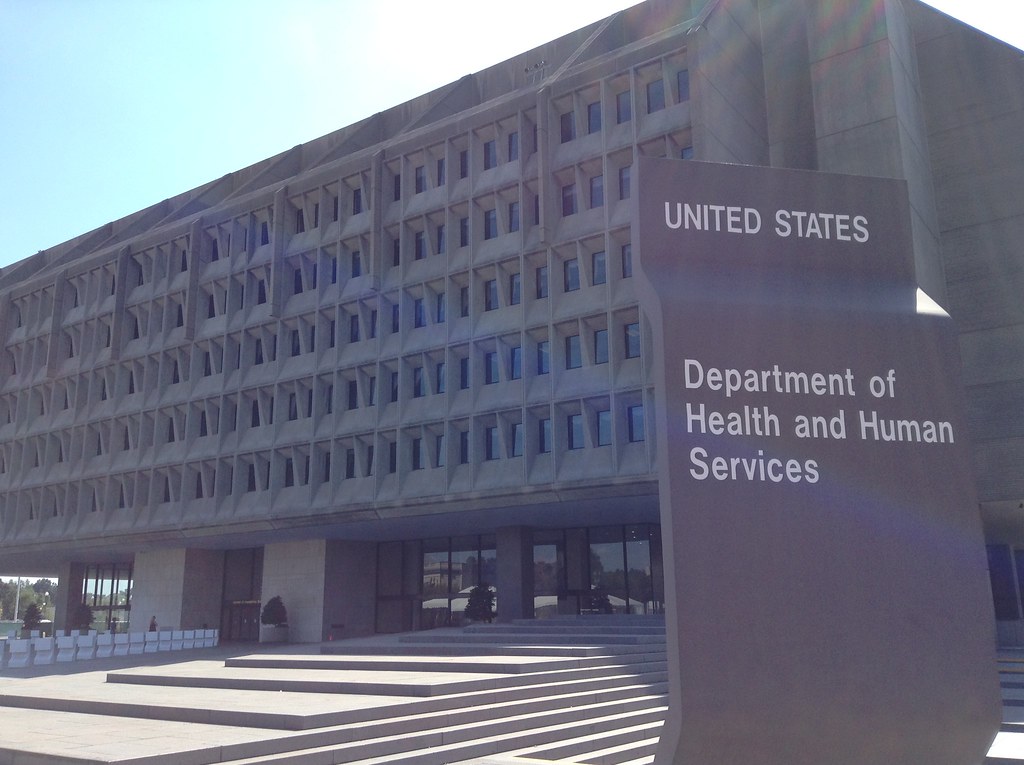
Gurtaran Johal is a student at Harvard Law School.
In today’s news and commentary, the U.S. Department of Health and Human Services lays off thousands of employees; attorneys for the Trump Administration argue against revealing plans to reduce the workforce of federal agencies; and the Fourth Circuit grants an emergency stay on the termination of temporary protected status (TPS) for thousands of Afghans in the United States.
On Monday, the U.S. Department of Health and Human Services officially laid off thousands of employees, which comes after the Supreme Court lifted a lower court order that had blocked President Trump’s ability to order mass layoffs of federal employees. The department first endured layoffs in late March, cutting 10,000 employees in the National Institutes of Health, the Food and Drug Administration, the Centers for Disease Control and Prevention, and other federal health agencies. The Health Secretary, Robert F. Kennedy Jr., pursued these layoffs in order to conduct a restructuring of the department, including by consolidating the department’s 28 divisions into 15. These layoffs will continue to face legal hurdles, as there remains an ongoing federal lawsuit in Rhode Island challenging the firings and reorganization.
Meanwhile, in AFGE v. Trump, attorneys for the Trump Administration argued that the administration does not have to reveal its plans to reduce the workforce of federal agencies. Specifically, they contend that the plaintiffs’ claims fall under the Administrative Procedure Act (APA), which only entitles the plaintiffs to review of the administrative record. The attorneys also reasoned that the plans are privileged, asserting that they include strategies for negotiations with unions, reorganization, and regulatory changes. As the mass layoffs become public, the Trump Administration’s reorganization plans remain largely private.
Lastly, on Friday, July 11th, Judge Theodore Chuang of the U.S. District Court for the District of Maryland ruled that a lawsuit challenging the revocation of TPS for Afghans could move forward, but protections for these immigrants would not be preserved throughout the litigation. Judge Chuang held that the plaintiffs had not demonstrated a “likelihood of success on the merits” necessary to stay removal of the protections. However, CASA, a nonprofit immigrant advocacy group, appealed the decision on Monday and received a stay, allowing Afghans to retain TPS. While the Fourth Circuit did not provide reasoning for its decision, the stay is in place for one week. Both sides will now file briefs supporting their positions.






Daily News & Commentary
Start your day with our roundup of the latest labor developments. See all
February 20
An analysis of the Board's decisions since regaining a quorum; 5th Circuit dissent criticizes Wright Line, Thryv.
February 19
Union membership increases slightly; Washington farmworker bill fails to make it out of committee; and unions in Argentina are on strike protesting President Milei’s labor reform bill.
February 18
A ruling against forced labor in CO prisons; business coalition lacks standing to challenge captive audience ban; labor unions to participate in rent strike in MN
February 17
San Francisco teachers’ strike ends; EEOC releases new guidance on telework; NFL must litigate discrimination and retaliation claims.
February 16
BLS releases jobs data; ILO hosts conference on child labor.
February 15
The Office of Personnel Management directs federal agencies to terminate their collective bargaining agreements, and Indian farmworkers engage in a one-day strike to protest a trade deal with the United States.